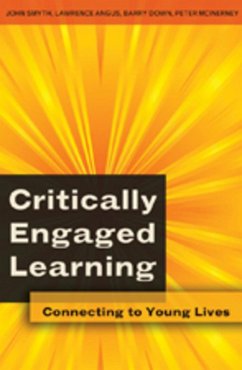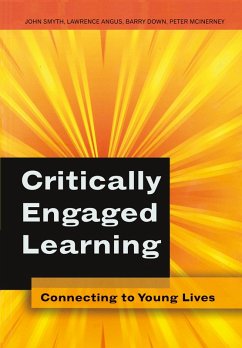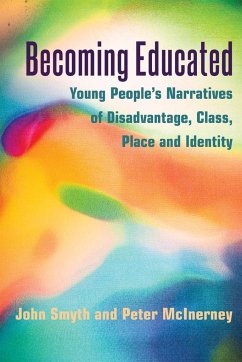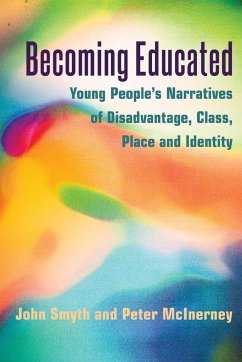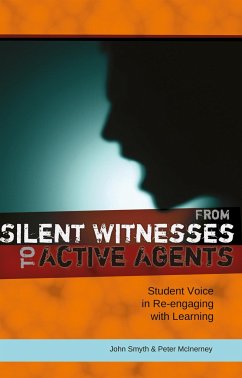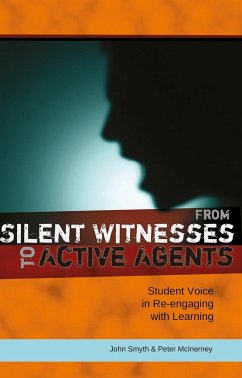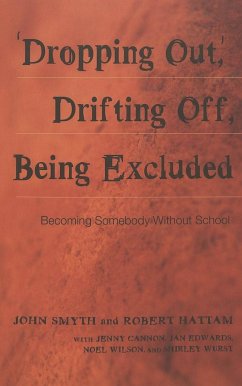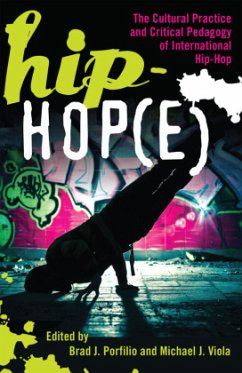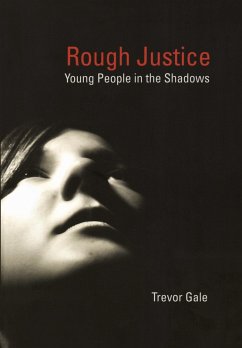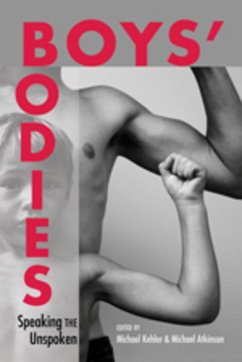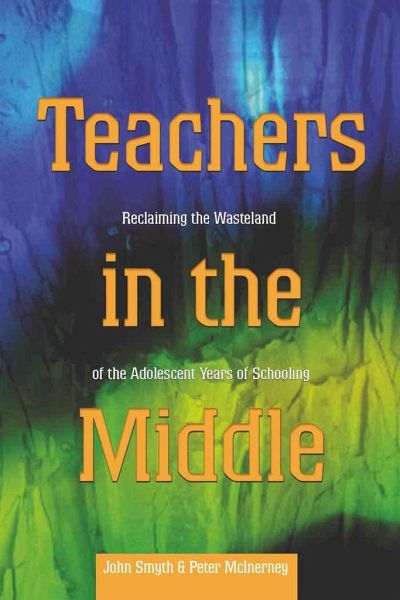
Teachers in the Middle
Reclaiming the Wasteland of the Adolescent Years of Schooling
Versandkostenfrei!
Versandfertig in 6-10 Tagen
40,50 €
inkl. MwSt.

PAYBACK Punkte
0 °P sammeln!
There is a profound and deepening crisis afflicting secondary schools in most parts of the world - but at its essence it is a crisis of a very different kind from the one portrayed by the media, the business community, politicians, and policy makers. Just what constitutes the crisis is highly problematic. What is being constructed for us through a concerted «conservative assault» and a «new authoritarianism» is one of failure by young people, their schools, and their teachers. But as with any moral panic, there are undisclosed interests and agenda operating, and they are not those of the p...
There is a profound and deepening crisis afflicting secondary schools in most parts of the world - but at its essence it is a crisis of a very different kind from the one portrayed by the media, the business community, politicians, and policy makers. Just what constitutes the crisis is highly problematic. What is being constructed for us through a concerted «conservative assault» and a «new authoritarianism» is one of failure by young people, their schools, and their teachers. But as with any moral panic, there are undisclosed interests and agenda operating, and they are not those of the people most directly affected, in this case young people.
This book tackles those myths head-on. Through a multi-layered portrait analysis of young lives, adult lives, and school lives this book shows how schools, teachers, and young people are re-inventing themselves against the damaging prevailing educational policy discourses. Teachers are «in the middle» in all kinds of ways - they are a group who are continually being disparaged, pilloried, and denigrated by politicians and the media; they are caught in the shifting tectonic plates of capitalism as schools are increasingly required to do economic work; and they are continually mediating the emotional, social, and intellectual intersections between schools, society, classrooms, and young lives. Teachers in the Middle provides a critique as well as hope and possibility as schools engage pedagogically with the maelstrom in which they find themselves.
This book tackles those myths head-on. Through a multi-layered portrait analysis of young lives, adult lives, and school lives this book shows how schools, teachers, and young people are re-inventing themselves against the damaging prevailing educational policy discourses. Teachers are «in the middle» in all kinds of ways - they are a group who are continually being disparaged, pilloried, and denigrated by politicians and the media; they are caught in the shifting tectonic plates of capitalism as schools are increasingly required to do economic work; and they are continually mediating the emotional, social, and intellectual intersections between schools, society, classrooms, and young lives. Teachers in the Middle provides a critique as well as hope and possibility as schools engage pedagogically with the maelstrom in which they find themselves.



